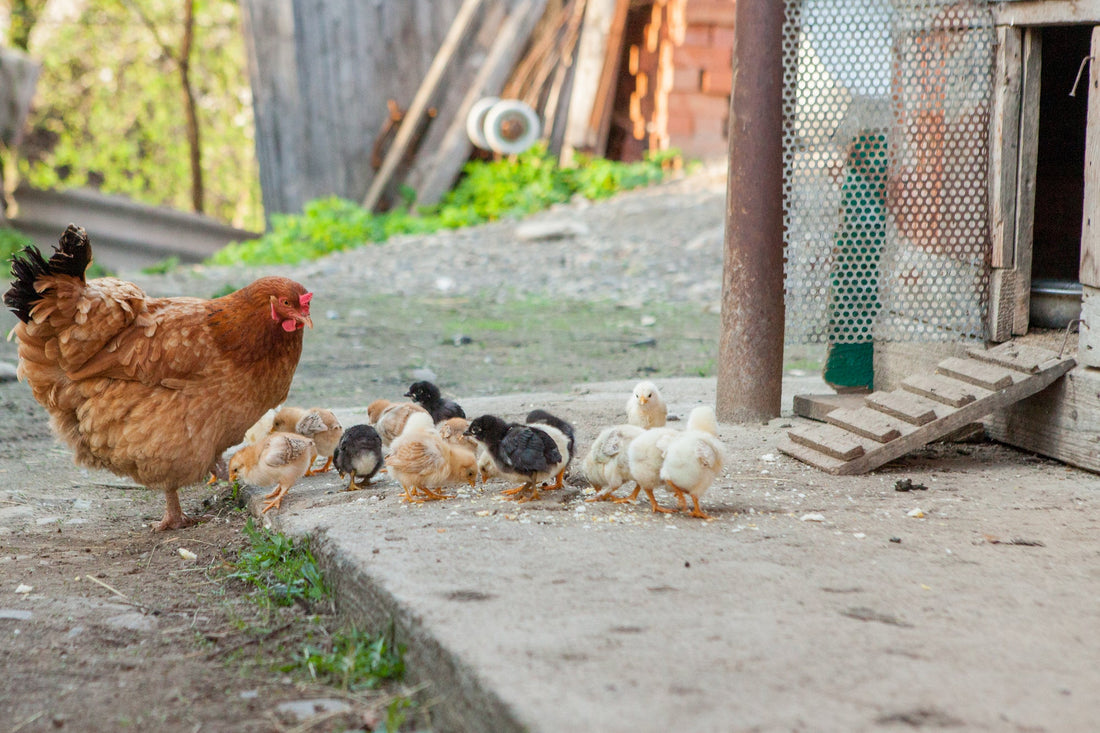Chickens have long been valued for their practical contributions to human life, but more and more people are discovering the unique joys of chicken companionship. Beyond their role in providing eggs and meat, chickens can offer companionship, entertainment, and a surprising depth of interaction to those who choose to keep them as pets. This growing trend towards chicken companionship is reshaping perceptions of these birds, revealing their potential as engaging, affectionate, and intelligent companions.
Understanding Chicken Behavior
To form a strong bond with chickens, it's essential to understand their behaviors and social structures. Chickens are inherently social creatures, thriving in groups where they can interact, establish pecking orders, and communicate through a complex array of vocalizations and body language. Observing these behaviors closely can provide insights into their needs, preferences, and moods, allowing caregivers to respond more effectively and forge deeper connections.
The Emotional Intelligence of Chickens
Recent research suggests chickens possess a level of emotional intelligence that was previously unrecognized. Capable of experiencing a range of emotions, chickens can show fear, anticipation, and even empathy towards their peers. This emotional capacity not only allows for more nuanced interactions with humans but also underscores the importance of treating chickens with the kindness and respect they deserve.
Benefits of Chicken Companionship
The benefits of keeping chickens as companions extend well beyond the fresh eggs they provide. Chickens can bring joy and laughter into a home with their unique personalities and antics. They offer a connection to the natural world and can serve as a soothing presence, reducing stress and promoting a sense of well-being. Moreover, caring for chickens can teach valuable lessons in responsibility, empathy, and the interconnectedness of life.
Building Trust with Your Chickens
Trust is the cornerstone of the human-chicken relationship. Developing this trust requires patience, consistency, and gentle handling. Regular, positive interactions, such as feeding, cleaning, and simply spending time in their presence, can help build a foundation of trust, making chickens more comfortable and affectionate with their human caregivers.
Communicating with Your Chickens
Effective communication with chickens involves learning to interpret their vocalizations and body language. Each sound and posture can convey different needs or emotions, from contentment to distress. By tuning into these cues, caregivers can better understand and meet their chickens' needs, further strengthening the bond between them.
The Role of Treats and Toys
Enrichment plays a vital role in the well-being of chickens. Treats and toys not only provide stimulation and exercise but also offer opportunities for positive interactions between chickens and their human caregivers. From simple greens to elaborate puzzle feeders, these tools can enhance the quality of life for chickens, keeping them engaged and happy.
Creating a Chicken-Friendly Habitat
A comfortable and stimulating habitat is crucial for the health and happiness of chickens. This includes a secure coop to protect them from predators, as well as access to outdoor space where they can forage, dust bathe, and explore. Tailoring the living environment to meet their natural needs can significantly improve their well-being and foster a more harmonious relationship.
Overcoming Challenges in Chicken Companionship
Despite the many joys, keeping chickens can also present challenges, from health issues to behavioral problems. Addressing these challenges requires a commitment to learning, vigilance, and sometimes creativity, in finding solutions that work for both the chickens and their human companions. Access to reliable information and a supportive community can be invaluable resources in navigating these challenges.
Sharing the Love: Chickens in the Community
Chicken companionship can extend beyond the individual relationship to impact the broader community. Whether through sharing eggs, educating others about the benefits and joys of keeping chickens, or participating in local poultry clubs, chicken enthusiasts can play a role in promoting a more compassionate, informed approach to keeping these remarkable birds.
A Bond Like No Other
The bond that can form between humans and chickens is truly unique, offering mutual benefits and joys that extend far beyond the practicalities of backyard poultry keeping. By understanding and respecting their needs, behaviors, and emotional capacities, we can unlock the full potential of chicken companionship, creating enriching, rewarding relationships that last a lifetime.

